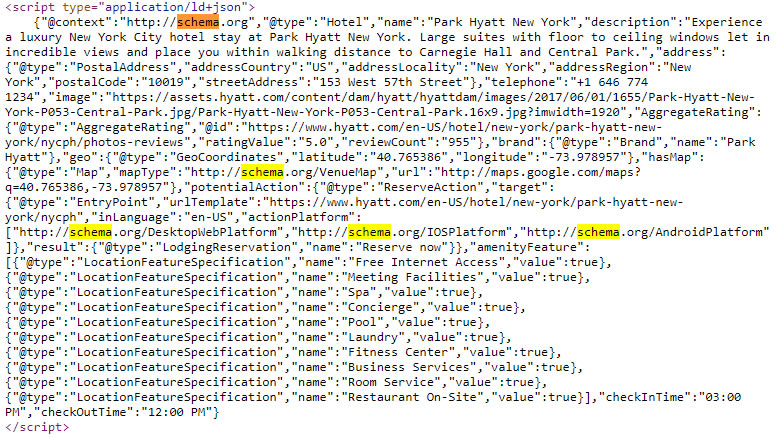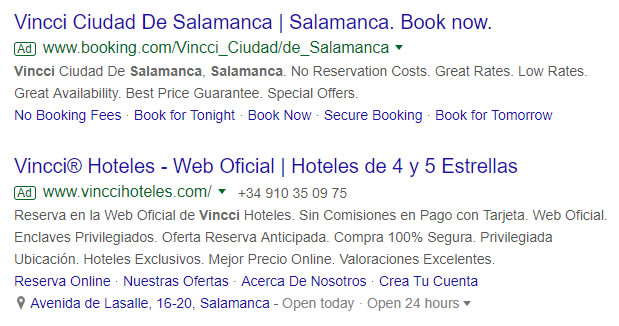
With the rise of Airbnb, online travel agencies and other third-party travel booking portals, it is getting harder and harder for hotels to drive traffic to their own websites.
Many users now book their stays via third-party sites rather than hotels’ websites, but this leads to hotels having profits reduced due to commissions and losing out on customer information, which makes it harder to nurture that all-important customer loyalty.
So, how can you tackle this problem?
This blog post will look at three ways your hotel can increase direct online bookings.

1. Content, content, content
In the digital era, content should be one of the main assets of your online strategy as a vehicle for storytelling, so that hotels can connect and engage with users in an emotional way. A great example of branded content is one of Marriott’s blogs, the Marriott Bonvoy Traveler, in which amazing travel experiences and tips for your trip are provided. But it is not only about blogs – hotels should excel too in terms of videos and images, as well as adopt new technologies to communicate better. This is exactly what the NH Hotel Group is doing with its NH 360º Virtual Tours which allow you to discover the hotels from the inside. In the future, content will no doubt be aligned with the “internet of things” to provide hyper-personalised experiences within a smart room environment.
2. Strengthen your SEO strategy
In order to do that, one of the main tactics to consider is structured data via schema, especially the specific one for hotels, which allows you to mark up important information within your website, such as check-in times, the number of rooms, star rating, reviews and price range. This will allow you to make your organic results bigger and more relevant, which will give you more visibility and hopefully boost your click-through rates. The screenshots below show how Hyatt has used mark-up to enhance its listing in Google’s search engine results page (SERP):


3. Do not underestimate the power of ad extensions
Ad extensions should be a key part of your search engine marketing strategy. You will most likely compete with Booking and other online travel agencies here, fighting for visibility in the SERPs, so it is a must to stand out from the crowd to try to get users to click on your ad rather than any other. Promotion extensions, app extensions, message extensions, call extensions and location extensions all work well here. The example below shows two ads (triggered when searching for a hotel in Salamanca, Spain), one from Booking and one from the actual hotel. Both of them have sitelinks, but the use of the call extension and the location extension on the hotel’s ad at the bottom can make a huge difference in this instance, especially when somebody is looking for a hotel on the spot or in an emergency:

I hope this blog post has given you a useful introduction to how hotels can increase direct online bookings. For more in-depth information, read my free, full-length guide here. The guide covers the following 12 tips:
- Guarantee the best rate within your own website.
- Offer exclusivity.
- Offer flexibility.
- Provide free perks when booking directly.
- Content, content, content.
- Strengthen your SEO strategy.
- Do not underestimate the power of ad extensions.
- Enhance the stay with in-app experiences.
- Create a profile on Google My Business.
- Build up a great loyalty programme.
- Take care of your community.
- Make sure you are ready for mobile.







